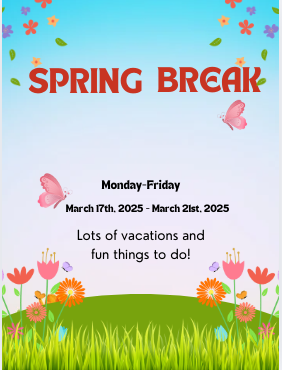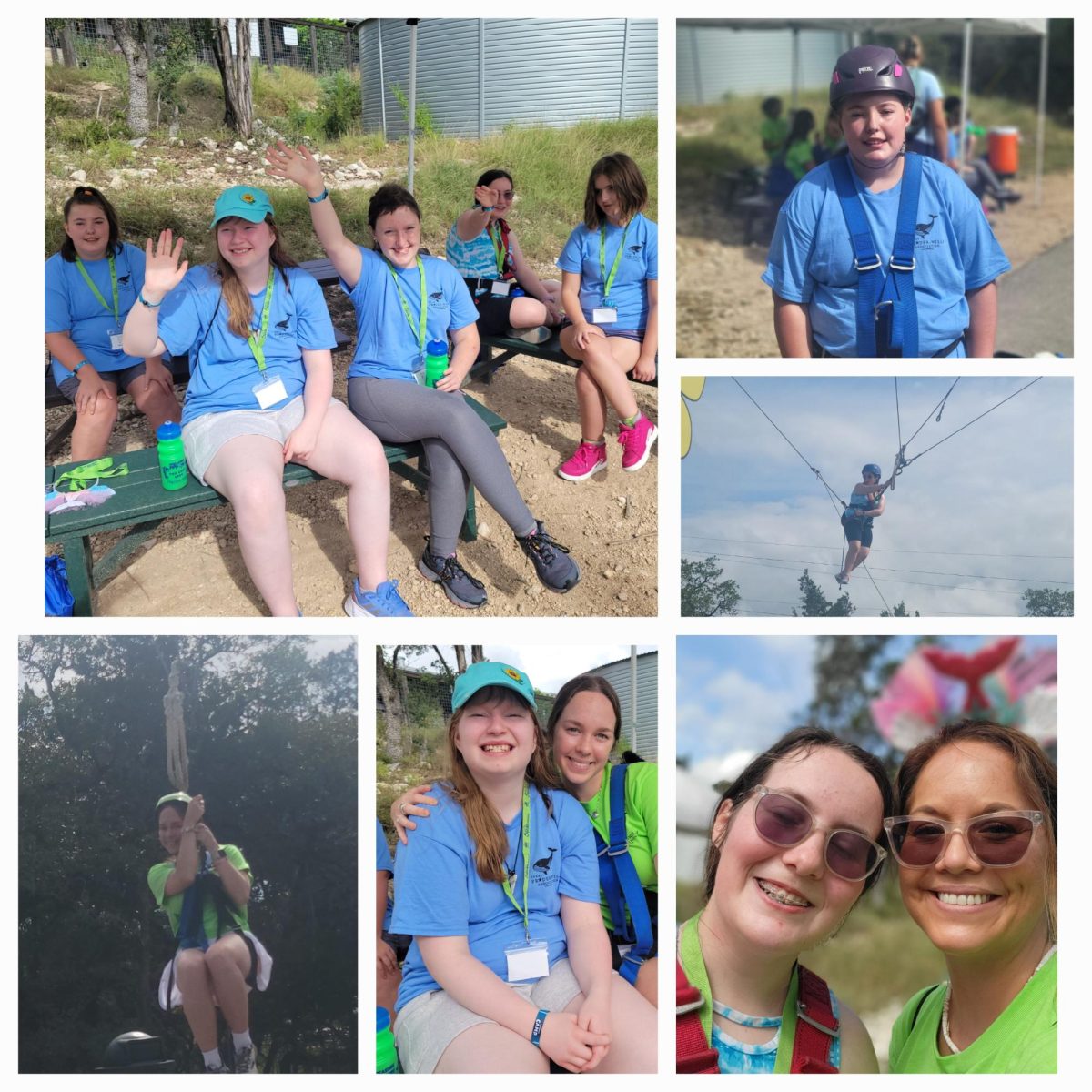
We listen to music everyday, whether we’re in the car or at home on Youtube, Pandora, or iHeartRadio. But what is the science behind the catchy tunes that we enjoy?
For one, music can ease pain. According to ScienceDaily, kids from ages 9-14 who listened to songs or audio books after having surgery were known to be in less pain. People who were suffering from Fibromyalgia, a condition that causes soreness to the joints, listened to 10 minutes of any song that was less than 120 beats per minute and experienced a reduction in pain. The music can help divert people’s attention from the pain, and lets them focus on positive thoughts and feelings. Music and Memory is a non-profit organization working to use music as a type of therapy. It provides for those in nursing homes suffering from Alzheimer’s Disease and dementia. This video shows a patient named Henry, who is suffering from dementia, going through musical therapy, and how he reacts to listening to music from his era.
Music is also beneficial in terms of education. Whenever you are studying for an exam, get some headphones and listen to some Vivaldi or Bach, because it’ll help you focus. A study conducted in 2007 by the Stanford University School of Medicine showed that classical music can cause changes in the brain and help with attention and memorization. Just a simple melody can allow for better test scores!
Music can also help you become happier and change your mood for the better. A study showed that after listening to some music, the mood of the song affected how people saw a neutral expression. Another study done in 2011, showed certain classical tunes led to a release of dopamine, a hormone that regulates emotional responses, making them happier. A 2013 study showed that listening to mellow music helped people drive better and avoid becoming distracted, preventing accidents. “Usually I listen to music in my spare time or when I’m looking for something to cheer me up, ” says Anushka Solanki, a 7th grader. “I like any song with a good moral.”
Music is a powerful tool. Not only can it improve your mood and make you happier, it can also help patients going through surgery and memory loss from experiencing too much pain and suffering. So next time, whether you’re studying for a test or having a hard time, pop on headphones and listen to some refreshing songs!



















